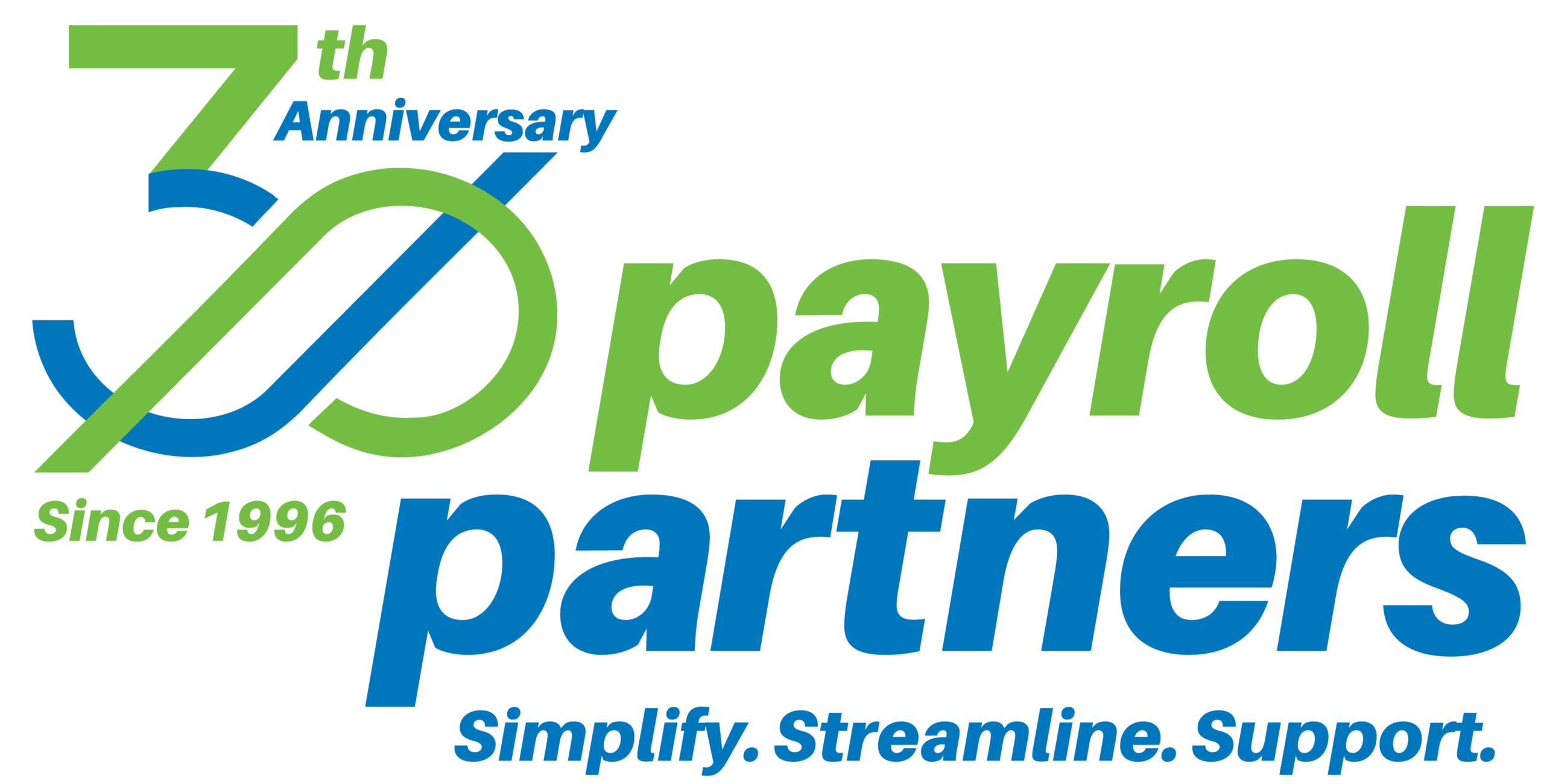The federal district court judge in Texas, who had issued a temporary injunction in November 2016 to block Obama administration changes to the overtime rule from going into effect, has now issued another decision that permanently blocks the changes from going into effect [State of Nevada v. United States Department of Labor, DC TX, Dkt. No. 4:16-CV-731, 8/31/17].
Background
29 USC 213(a)(1) exempts from both minimum wage and overtime requirements “any employee employed in a bona fide executive, administrative, or professional capacity.” This exemption is commonly referred to as the “white collar” or “EAP” exemption, as it excludes certain executive, administrative, and professional (“EAP”) employees from the federal minimum wage and overtime rules.
Currently, to qualify for exemption, white collar employees generally must: (1) be salaried, meaning that they must be paid a predetermined and fixed salary that is not subject to reduction because of variations in the quality or quantity of work performed (the “salary basis test”); (2) be paid more than a specified standard salary amount, which is currently $455 per week (the equivalent of $23,660 annually for a full-year employee) in existing regulations (the “salary level test”); and (3) primarily perform executive, administrative, or professional duties, as provided in the DOL’s regulations (the “duties test”).
Changes to the overtime rule
Under the rule proposed by the Department of Labor (DOL) during the Obama administration (final rule), the standard salary level used to determine whether EAP employees are eligible to receive overtime would have increased from $455 per week ($23,660 per year) to $913 per week ($47,476 per year) for a full-time worker. The rule was blocked from going into effect by Federal District Court Judge Amos Mazzant, who concluded that the DOL had exceeded its authority by looking only at the salary level in revising the overtime rule without taking into account the duties that the employees performed.
New ruling
Mazzant again focused on the fact that the DOL rule did not take into account the duties that the employees performed. He looked at the plain meaning of “executive, administrative, or professional capacity,” along with 29 USC 213(a)(1), and concluded that Congress clearly defined the EAP exemption with regard to duties. He found the plain meaning of the words in 29 USC 213(a)(1) to be unambiguous. That is, Congress intended employees doing “bona fide executive, administrative, or professional capacity” duties to be exempt from overtime pay.
Mazzant did not believe that the DOL’s rule reflected Congress’s unambiguous intent. He said that the DOL does not have the authority to use a salary-level test that will effectively eliminate the duties test as prescribed in 29 USC 213(a)(1). The DOL also didn’t have the authority to categorically exclude those who perform “bona fide executive, administrative, or professional capacity” duties based on salary level alone. Mazzant said that Congress delegated authority to the DOL to not only define and delimit the EAP exemption but also to stay consistent with Congress’s intent. However, with its final rule, the DOL ignored Congress’s intent. Nothing in 29 USC 213(a)(1) allows the DOL to make salary rather than an employee’s duties determinative of whether a “bona fide executive, administrative, or professional capacity” employee should be exempt from receiving overtime pay.
The Department of Justice, acting on behalf of the DOL, has asked the U.S. Court of Appeals for the Fifth Circuit to voluntarily waive its appeal of the November 2016 district court ruling in light of the ruling issued on Aug. 31, 2017.
Legal Disclaimer: Payroll Partners is not engaged in the practice of law. The content in this email should not be construed as legal advice, and does not create an attorney-client relationship. If you have legal questions concerning your situation or the information you have obtained, you should consult with a licensed attorney. Payroll Partners cannot be held legally accountable for actions related to this article.

